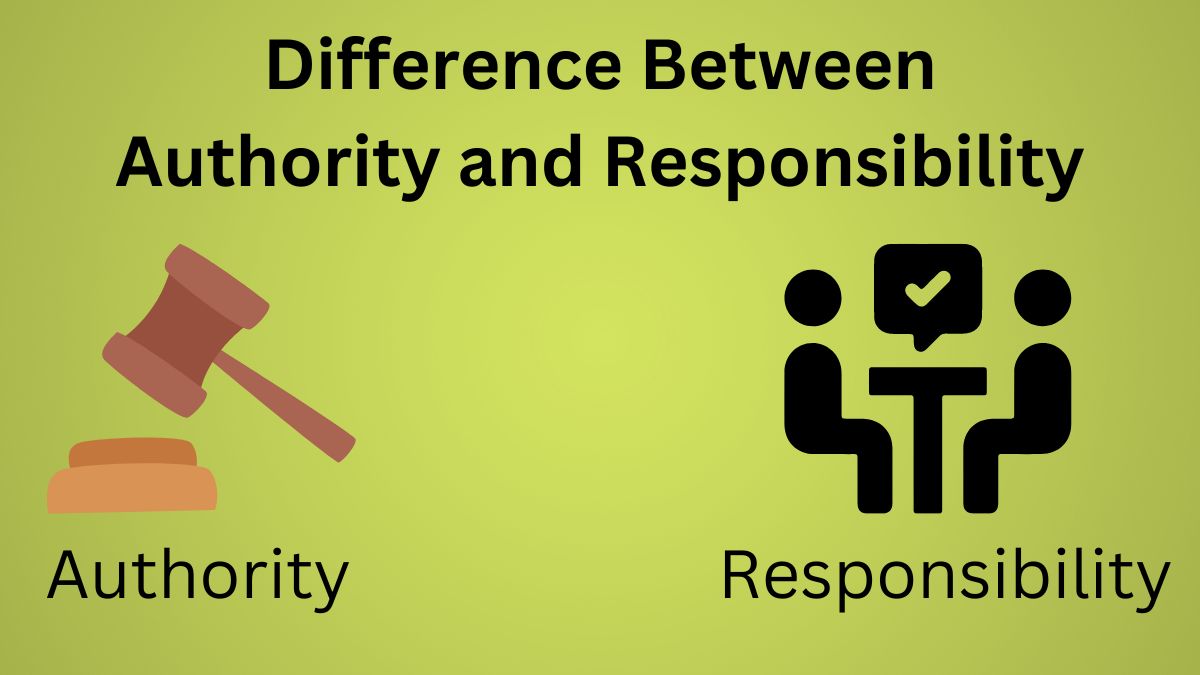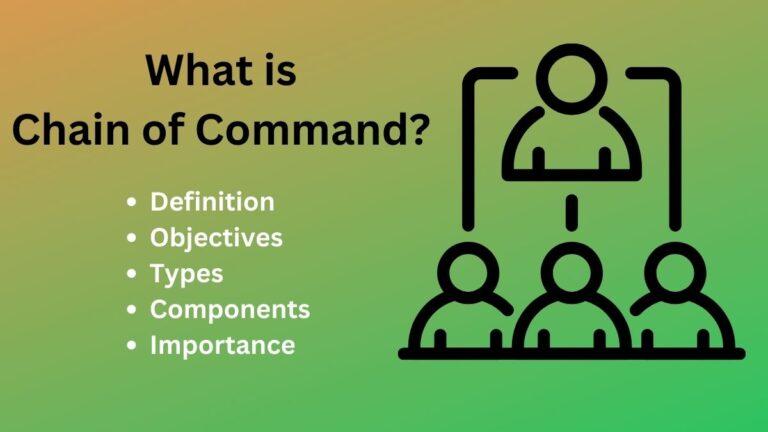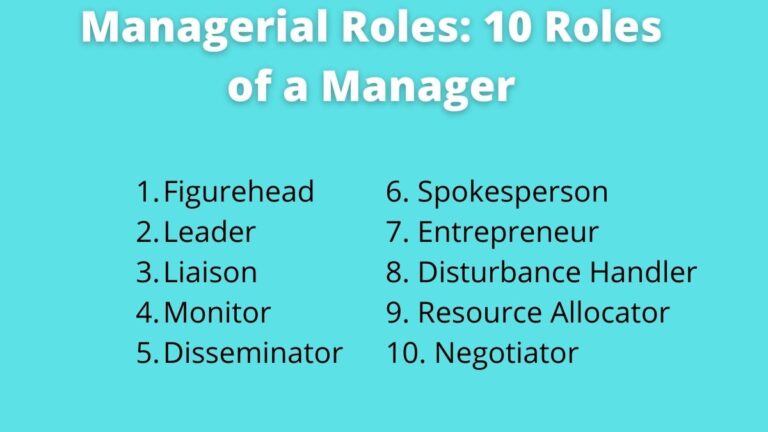8 Key Differences Between Authority and Responsibility [Explained]
Authority Vs Responsibility
In organizations, authority and responsibility are the two sides of a single coin. As both sides of a coin (a coin) make it possible to get something of that coin’s value, the organization also needs to have a perfect balance between them to get the desired goals in time.
Authority is the right a position hold in the organization to control and command others. Whereas responsibility is the duty or obligation one is held accountable for which is assigned by a superior of him.
Every organization’s goal is to build a structure that is effective for the authority-responsibility relationship. The effectiveness of such a structure clarifies who holds what power or right, who should report to who, who is senior, who is subordinate, etc. which is desirable to conduct organizational activities appropriately.
As both responsibilities and authorities are fundamental in an organization both have similarities and dissimilarities between them. Let’s understand, what authority is. What the responsibility is? And, the differences between them.
What is Authority?
Authority is the formal right or power a manager or a position holds in the workplace to command, direct, or guide subordinates. It includes the decision-making right a manager holds in the organization.
The authority is vested in the managerial position. For example, if you are a manager your authority is derived from the virtue of your position. You can give orders, instructions, and necessary duties to perform to the subordinates. As such you should have to be accountable for activities done or to be done under you.
A manager must use his authority as per the policies, procedures, and criteria outlined. The maximum authority lies in the top management and the level of authority slows down as we go down in the managerial hierarchy.
Related: Roles and Responsibilities of a Manager
Managers can easily delegate some portion of authority when it necessitates considering the receiver’s capacity and task to perform. Authority facilitates the differentiation of positions one holds in the organization.
What is Responsibility?
Responsibility is the obligation an individual owns to complete the assigned task by his/her superior whether he is a worker, subordinate, or manager. Generally, it is the obligation owned by a subordinate for the proper and efficient discharge of the work assigned to him.
Some have opinions that responsibility is the duty of task assigned to a subordinate according to his status and position in the organization. However, responsibility is not only a duty, it is also an obligation to complete the assigned task efficiently.
Responsibility has no meaning except as applied to a person; a building, a machine, or an animal that can not be held accountable. Thus, the essence of responsibility is an obligation.
Difference Between Authority and Responsibility
The main differences between authority and responsibility can be mentioned with the following bases or points.
Definition
The right or power vested in a managerial position to direct, command, make decisions, enforce rules, etc. over the subordinate level position is called the authority. It is governed by a position legally.
Responsibility is the duty/obligation of a subordinate employee held accountable to complete the task satisfactorily given by the senior. Here, a position gets the duty to perform in accordance with the skills, talent, and experience of a person.
Read Also: Authority and Responsibility Principle of Management
Direction
Authority follows a downward direction where it flows from the top level to the lower level of management. Whereas, responsibility flows from the lower level to the top level of management.
Base
Authority is the legitimate right of an individual and when an individual holds such a position the authority is inherent in it. On the other hand, responsibility is the obligation of the subordinates to perform the given duties.
Lasting
The authority lasts till the manager or the position holder leaves the position. In other words, it lasts till the existence of the position. And, responsibility ends with the completion of the assigned task.
Provision of Delegation
Authority is delegated in nature. Whenever necessitated authority can be delegated to other subordinates. Whereas, responsibility can not be delegated to others because the ultimate responsivity remains to the position holder i.e. the one who has been assigned.
Related: Delegation in Management
Source
Authority arises from the legal provision. And, responsibility arises with the assignment of tasks by the superior.
Persons Involved
Usually, the directional authority remains to top managers, executives, or the board of directors. Whereas, responsible persons include operational staff.
Example
Managers assign tasks and give orders to their subordinate employees to complete the assigned task. Similarly, subordinates get the orders and step in to complete the given tasks on time.
Read Next: Difference Between Authority and Power
Sajan Kushmi is a content writer with more than 4 years of experience. He holds BIM Degree. He write on the topics related to Management, Marketing, and Entrepreneurship.






